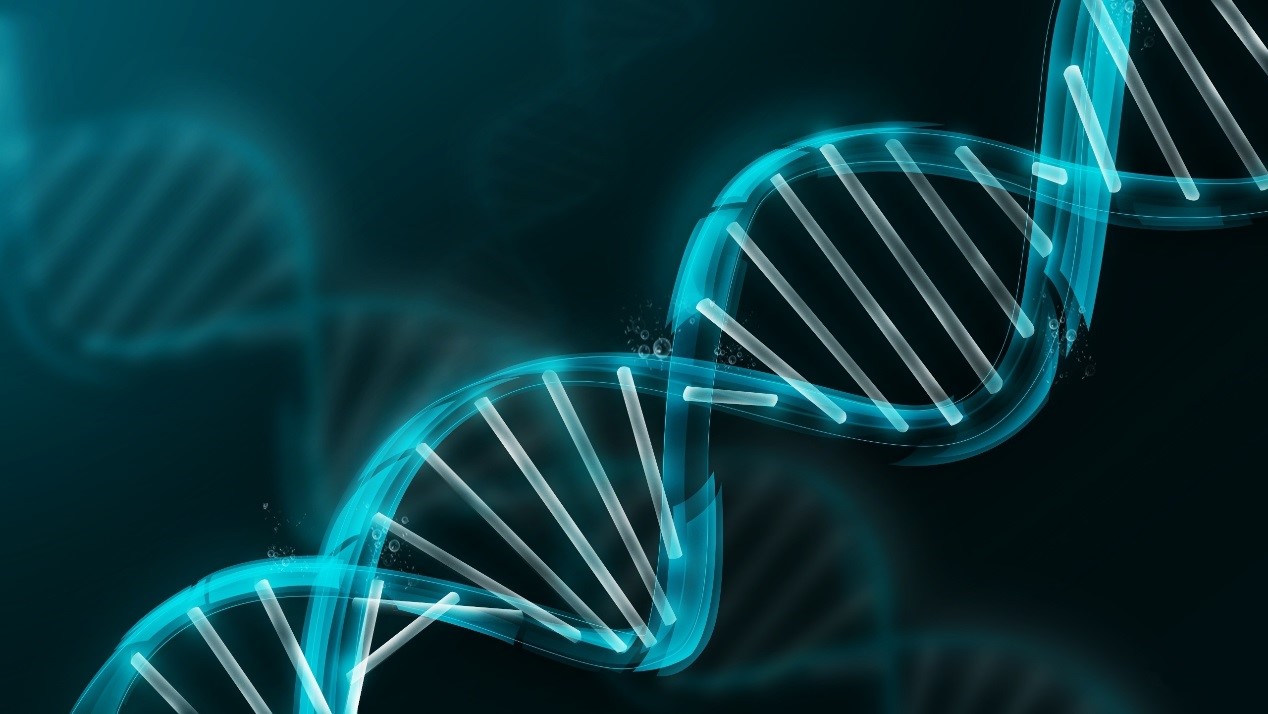Amino acids are organic compounds that combine to form proteins. Amino acids and proteins are the building blocks of life.
When proteins are digested or broken down, amino acids are left. Your body needs 20 different amino acids to grow and function properly. The human body uses amino acids to make proteins to help the body:
· Break down food
· Grow
· Repair body tissue
· Perform many other body functions
Amino acids can also be used as a source of energy by the body.
Though all 20 of these are important for your health, only nine amino acids are classified as essential. These essential nine are histidine, isoleucine, leucine, lysine, methionine, phenylalanine, threonine, tryptophan and valine.
Unlike nonessential amino acids, essential amino acids can't be made by your body and must be obtained through your diet. Each of the essential amino acids plays a different role in the body, and the symptoms of deficiency vary accordingly.
Every Sunbio Collagen Peptides product contains a minimum of 4 grams of Premium quality Australian derived Collage Peptides per sachet. Collage Peptides contain eight (Phenylalanine, Valine, Threonine, Methionine, Leucine, Isoleucine, Lysine, Histidine) of the 9 essential amino acids.
Their Roles in Your Body
Phenylalanine: Phenylalanine is a precursor for the neuro-transmitters, dopamine, epinephrine, norepinephrine and tyrosine. It plays a vital role in the structure and function of proteins and enzymes and the production of other amino acids1. It helps the body use other amino acids as well as proteins and enzymes. The body converts phenylalanine to tyrosine, which is necessary for specific brain functions.
Valine: Valine is one of three branched-chain amino acids (BCAA), meaning it has a chain branching off to one side of its molecular structure. Valine helps stimulate muscle growth and regeneration and is involved in energy production2. Valine is essential for mental focus, muscle coordination, and emotional calm. Valine supplements are used for muscle growth, tissue repair, and energy.
Threonine: Threonine is a principal part of structural proteins such as collagen and elastin, which are important components of the skin and connective tissue. It also plays a role in fat metabolism and immune function3.
Threonine is necessary for healthy skin and teeth, as it is a component in tooth enamel, collagen, and elastin. It helps aid fat metabolism and may be beneficial for people with indigestion, anxiety, and mild depression.
A 2018 scientific study found that threonine deficiency in fish led to these animals having a lowered resistance to disease4.
Tryptophan: Though often associated as one of the causes of drowsiness, tryptophan has many other functions. It is required to maintain proper nitrogen balance5.
Tryptophan is necessary for proper growth in infants and is a precursor of serotonin and melatonin. Serotonin is a neurotransmitter that regulates appetite, sleep, mood, and pain. Melatonin also regulates sleep.
Methionine: Methionine plays a crucial role in metabolism and detoxification. It's also necessary for tissue growth and the absorption of zinc and selenium, essential minerals that are vital to your health6.
Methionine and the nonessential amino acid Cysteine play a role in the health and flexibility of skin and hair. Methionine also helps keep nails strong. It also aids the removal of heavy metals, such as lead and mercury.
Leucine: leucine is also a branched-chain amino acid that is critical for protein synthesis and muscle repair. It also helps regulate blood sugar levels, stimulates wound healing and produces growth hormones7.
Leucine deficiency can lead to skin rashes, hair loss, and fatigue.
Isoleucine: The last of the three branched-chain amino acids, isoleucine is involved in muscle metabolism and is heavily concentrated in muscle tissue. It's also important for immune function, hemoglobin (a protein in your red blood cells that carries oxygen to your body's organs) production and energy regulation8.
Older adults may be more prone to isoleucine deficiency than younger people. This deficiency may cause muscle wasting and shaking.
Lysine: Lysine plays major roles in protein synthesis, hormone and enzyme production and the absorption of calcium. It’s also important for energy production, immune function and the production of collagen and elastin9.
Histidine: Histidine is used to produce histamine, a neurotransmitter that is vital to immune response, digestion, sexual function and sleep-wake cycles. It's critical for maintaining the myelin sheath, a protective barrier that surrounds your nerve cells10.
Scientific Evidence
1. https://pubchem.ncbi.nlm.nih.gov/compound/L-phenylalanine
2. https://pubchem.ncbi.nlm.nih.gov/compound/L-valine
3. https://pubchem.ncbi.nlm.nih.gov/compound/L-threonine
4. https://www.sciencedirect.com/science/article/abs/pii/S1050464817306551
5. https://pubchem.ncbi.nlm.nih.gov/compound/L-tryptophan
6. https://pubchem.ncbi.nlm.nih.gov/compound/L-methionine
7. https://pubchem.ncbi.nlm.nih.gov/compound/L-leucine
8. https://pubchem.ncbi.nlm.nih.gov/compound/l-isoleucine
9. https://pubchem.ncbi.nlm.nih.gov/compound/L-lysine
10. https://pubchem.ncbi.nlm.nih.gov/compound/L-histidine
上一篇:没有了!

 中文
中文